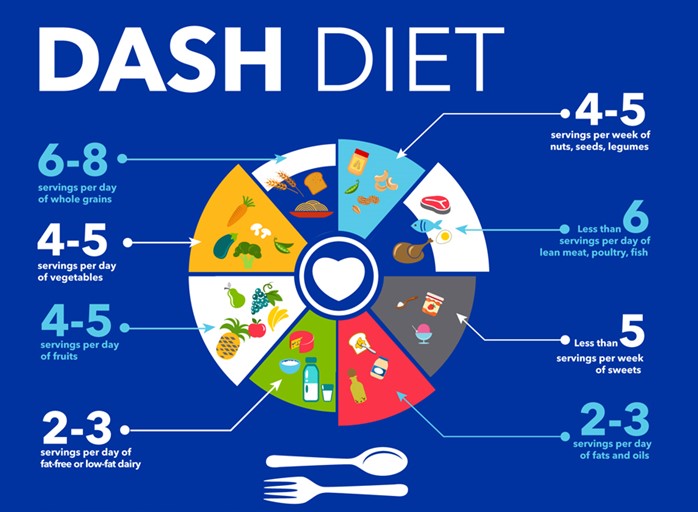A nurse is caring for a client who has dysphagia. Which of the following instructions should the nurse give to the client to decrease the risk of choking?
Tilt your head forward while you eat.
Obtain your vitamins in liquid form.
Cool foods down to room temperature before consuming.
Drink water with each bite of food.
The Correct Answer is A
Choice A reason: Tilt your head forward while you eat is a correct instruction for dysphagia. This position can help prevent choking by closing the airway and directing food and fluids to the back of the mouth and throat.
Choice B reason: Obtain your vitamins in liquid form is not a correct instruction for dysphagia. Liquid vitamins can be too thin and watery for people with dysphagia, as they can easily enter the airway and cause aspiration. Vitamins should be taken in pill or chewable form, or crushed and mixed with thickened liquids or pureed foods.
Choice C reason: Cool foods down to room temperature before consuming is not a correct instruction for dysphagia. Food temperature does not affect the risk of choking for people with dysphagia, as long as the food is not too hot or too cold. Food texture and consistency are more important factors for safe swallowing.
Choice D reason: Drink water with each bite of food is not a correct instruction for dysphagia. Water can also be too thin and watery for people with dysphagia, as it can also enter the airway and cause aspiration. Water should be thickened to a nectar-like, honey-like, or pudding-like consistency, depending on the individual's needs and preferences.
Nursing Test Bank
Naxlex Comprehensive Predictor Exams
Related Questions
Correct Answer is B
Explanation
Choice A reason: Consuming ten percent of total calories from saturated fat is not a part of the DASH diet because it is too high for most adults. The DASH diet recommends consuming less than seven percent of total calories from saturated fat, which translates to about 16 g of saturated fat per day for an average adult who consumes 2,000 calories per day.
Choice B reason: Consuming foods that are high in calcium is a part of the DASH diet because it can help lower blood pressure by relaxing the blood vessels and reducing the force of contraction of the heart. The DASH diet recommends consuming 1,000 to 1,200 mg of calcium per day, which can be obtained from dairy products, leafy greens, beans, nuts, and fortified foods.
Choice C reason: Increasing intake of refined carbohydrates is not a part of the DASH diet because it can raise blood sugar and insulin levels, which can increase blood pressure and damage the blood vessels. The DASH diet recommends consuming 45 to 55 percent of total calories from carbohydrates, but mostly from whole grains, fruits, and vegetables, which are rich in fiber and antioxidants.
Choice D reason: Limiting sodium intake to 3,200 milligrams per day is not a part of the DASH diet because it is too high for most adults. The DASH diet recommends limiting sodium intake to 2,300 milligrams per day or less, which can help lower blood pressure by reducing fluid retention and vascular resistance.

Correct Answer is D
Explanation
Choice A reason: 1 cup of brown rice contains about 84 mg of potassium, which is low compared to other foods.
Choice B reason: One medium raw tomato contains about 292 mg of potassium, which is moderate compared to other foods.
Choice C reason: 1 oz of cheddar cheese contains about 28 mg of potassium, which is very low compared to other foods.
Choice D reason: One small baked potato contains about 738 mg of potassium, which is very high compared to other foods. Potassium is important for nerve and muscle function, but too much can cause irregular heartbeat, muscle weakness, and nausea.
Whether you are a student looking to ace your exams or a practicing nurse seeking to enhance your expertise , our nursing education contents will empower you with the confidence and competence to make a difference in the lives of patients and become a respected leader in the healthcare field.
Visit Naxlex, invest in your future and unlock endless possibilities with our unparalleled nursing education contents today
Report Wrong Answer on the Current Question
Do you disagree with the answer? If yes, what is your expected answer? Explain.
Kindly be descriptive with the issue you are facing.
